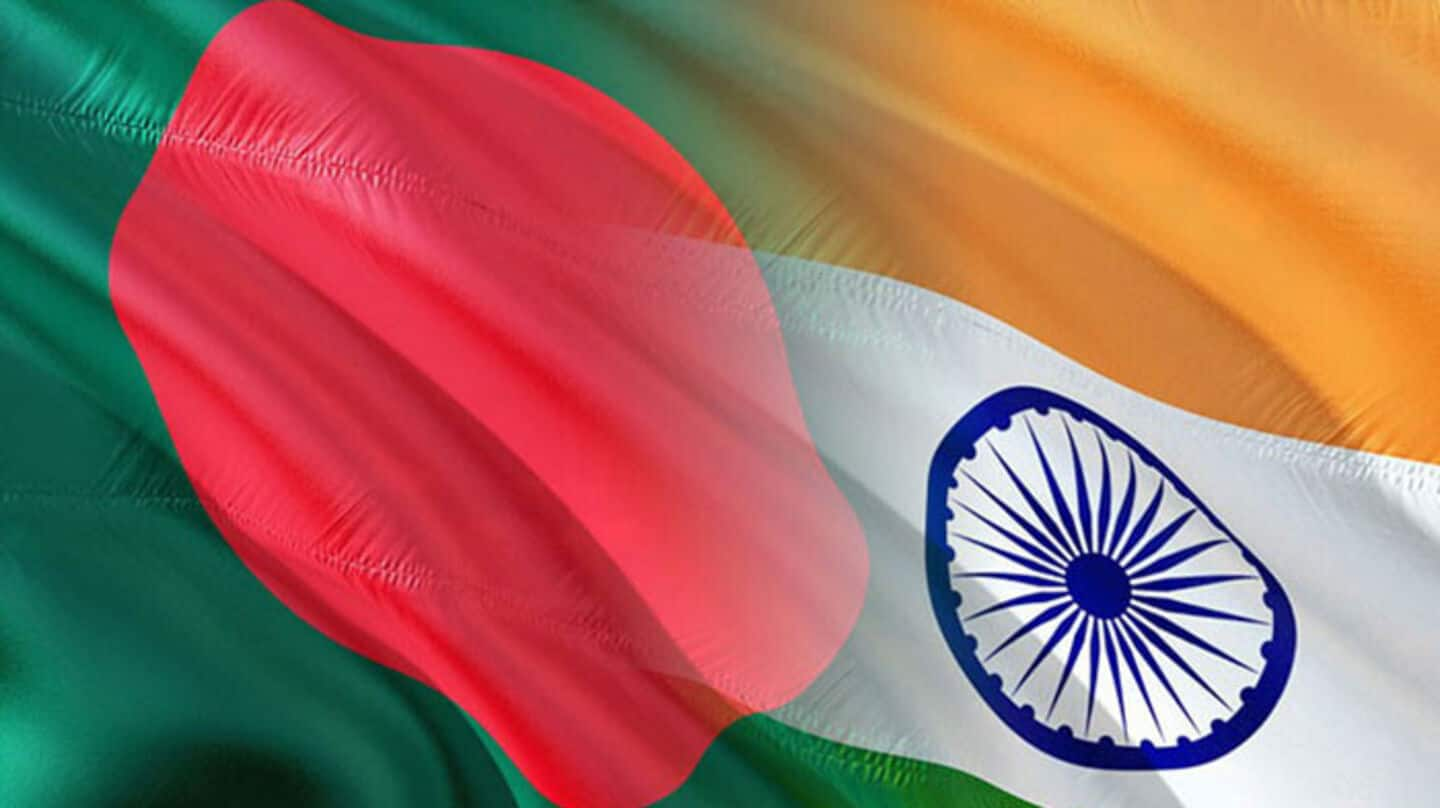
India imposes restrictions on garment, food imports from Bangladesh—Here's why
What's the story
India has imposed fresh restrictions on imports from Bangladesh, impacting goods worth nearly $770 million. The move, which impacts nearly 42% of bilateral imports from Bangladesh, was announced by the Union Ministry of Commerce and Industry on Saturday. The directive came on the basis of guidance from the Directorate General of Foreign Trade (DGFT). This data was provided by the Global Trade Research Initiative (GTRI), a trade research organization.
Product impact
Key products affected by India's import restrictions
The new restrictions cap a few major Bangladeshi products, including ready-made garments, processed foods, and plastic items. These products can now only enter India through designated seaports or are completely prohibited from entering through land routes in Assam, Meghalaya, Tripura, Mizoram, and northern West Bengal. For example, Bangladeshi garments worth $618 million annually can now only be imported through Kolkata and Nhava Sheva seaports. This is expected to greatly affect Bangladesh's garment exports to India.
Trade tensions
India's restrictions seen as response to Bangladesh's trade barriers
The GTRI report indicates that India's restrictions are not standalone steps. They seem to be a direct reaction to Bangladesh's rising trade barriers on Indian exports and a pivot in Dhaka's diplomacy toward China. "The restrictions look like India's response to Dhaka restricting imports from India on a large number of items and diplomatic pivot toward China," the report states.
Diplomatic strain
Yunus's comments during China visit escalated tensions
The tensions between the two nations had escalated after Bangladesh's interim chief adviser Muhammad Yunus made controversial remarks during his visit to China. He described India's northeastern states as a "landlocked region with no access to the ocean" and can only access the ocean through Bangladesh. These comments were not well received in New Delhi and sparked sharp criticism. Yunus's March 2025 visit resulted in $2.1 billion in investments and cooperation agreements, signaling Dhaka's closer ties with Beijing.
Trade barriers
Bangladesh's restrictions on Indian exports since late 2024
Since late 2024, Bangladesh has imposed multiple restrictions on Indian exports. These include banning Indian yarn imports through major land ports since April 2025, stricter curbs on rice shipments, and banning paper, tobacco, fish, and powdered milk imports. Dhaka also imposed a transit fee of 1.8 taka per ton per kilometer on Indian goods passing through Bangladesh.
Economic impact
India's restrictions aim to protect local manufacturing
The trade restrictions also impact India's northeastern states. These transit fees and trade barriers have limited industrial growth in the region, which depends on access to both Indian and Bangladeshi markets. The new Indian restrictions seek to protect local manufacturing in the northeast and bolster the Atmanirbhar Bharat initiative. By restricting Bangladeshi goods competing with local products, India hopes to level the playing field.